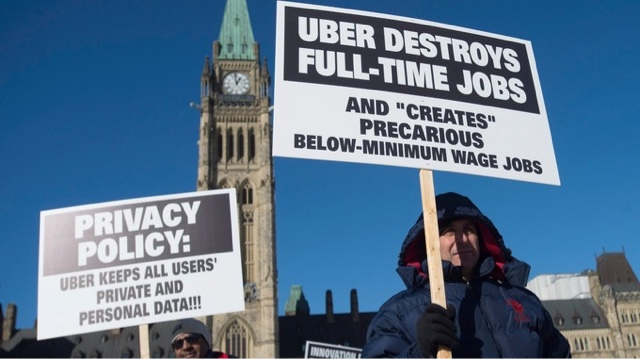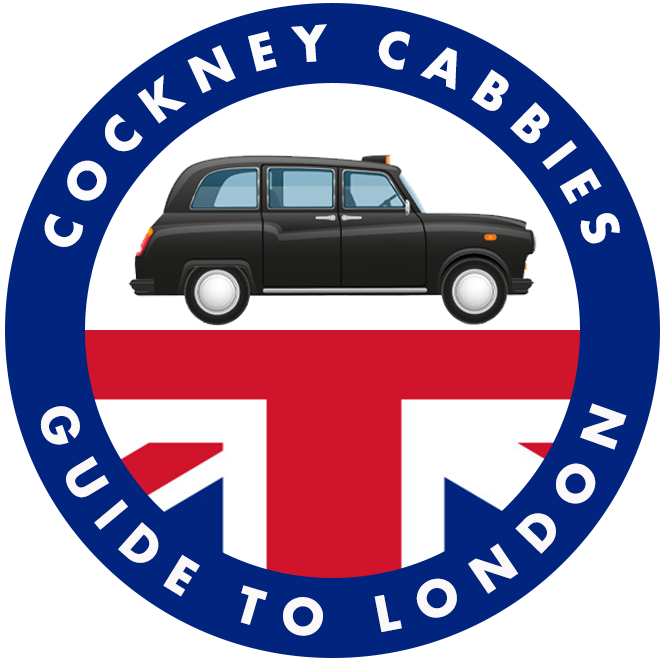A tribunal has ruled that Uber drivers are not self-employed and so they are entitled to receive the national minimum wage and holiday pay.
The results of the case could have far-reaching consequences affecting thousands of other workers.
The GMB union took two test claims, arguing that Uber drivers should be entitled to a guaranteed minimum pay, breaks and holiday pay.
The union said the outcome of the tribunal case could have “major” implications for over 30,000 drivers across England and Wales, as well as other workers.
The case centered on whether or not the drivers were self-employed.
Uber had argued that its drivers were self-employed rather than designated employed workers, and maintained that it is a technology company rather than a taxi firm.
The company says it allows people to be their own boss and work flexibly, but the drivers who brought the legal challenge argued that the taxi app firm was acting unlawfully.
The test cases, brought by drivers James Farrar and Yaseen Aslam, argued that they should be entitled to the national minimum wage and holiday pay.
However, representatives for Uber, which is headquartered in the Netherlands, had said its drivers are not exclusively tied to working for the company, and have the freedom to also work for other operators.
Uber has previously argued that UK drivers should not be allowed to enforce UK employment rights in UK courts, and should only seek arbitration in Dutch courts.
Maria Ludkin, legal director at the GMB, said: “This case represents the first proper legal review of whether jobs in this part of the so called gig economy really represent a new paradigm of freedom and self-employment, or in fact are simply a new technology ploy to deny employed workers ordinary employment rights and a national minimum wage.”







